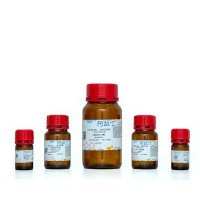Designing Clinical Development Programs for Anti-Hepatitis B Virus Drugs
互联网
923
Hepatitis B virus (HBV) infection remains one of the leading infectious causes of chronic liver disease and death in the world (1 ,2 ). With the advent of universal HBV vaccination and with the availability of antiviral therapeutics, HBV infection is increasingly preventable and treatable. Substantial progress has been achieved with vaccination programs, but the current social and economic impediments to full global implementation of universal HBV vaccination render it likely that many people will continue to be afflicted with chronic HBV infection for several more decades. Hence antiviral treatment for clinically significant HBV infection will continue to be needed for the foreseeable future. Current treatment modalities for chronic hepatitis B—interferon, lamivudine, and adefovir—allow clinical management of some patients but are associated with frequent nonresponse (interferon), frequent viral resistance (lamivudine), or potential safety issues (adefovir), so additional treatment options are needed before optimal clinical management can be assured for most patients.







